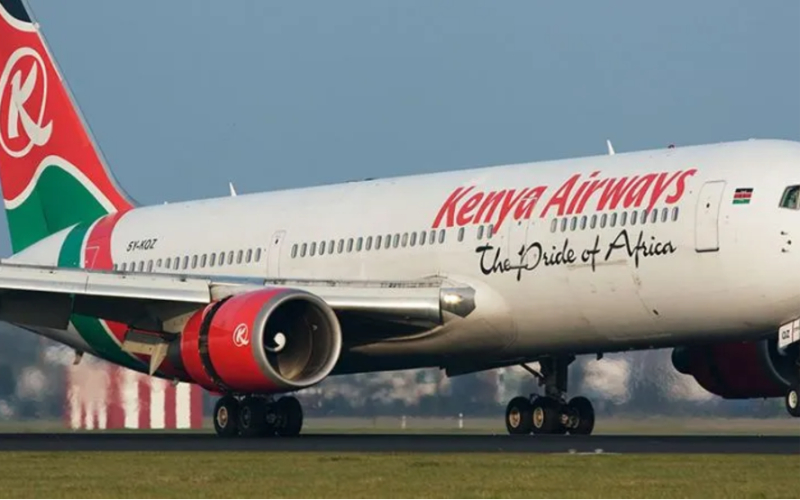Air transport critical for global economic growth
By PD columnist, November 16, 2022Air transport is an important enabler to achieving economic growth and development.
Air transport facilitates integration into the global economy and provides vital connectivity on a national, regional and international scale. It helps generate trade, cargo business, promote tourism and create employment opportunities.
Air transport provides a total of more than 87.7 million jobs worldwide. It directly generates employment opportunities within the airlines, air navigation services providers and airport operators, and additionally creates jobs via the supply chain in transportation of goods and services.
Air transport also plays an important role for tourism, especially in developing countries. Air transport has necessitated the growth of e-Commerce and technological advancement in the aviation industry. The growth of e-Commerce in the air transportation industry is anticipated to augment the growth of the air transportation market globally.
This is owing to the increasing economy that is turning to e-commerce for online shopping from consumers to businesses, consumer to consumer, and business to business by transforming into a modern service provider and anticipating consumers’ expectations.
For instance, AirAsia launched its online platform in 2020, which enables customers to purchase duty free products and have them conveniently delivered to their doorstep within the next working day.
Innovation has spiraled in air transportation with the introduction of automation. The growing adoption of automation techniques is expected to drive the global air transportation market in future. This is due to the increasing developments in technologies in every industry across the world.
For instance, numbers of airports across the globe have adopted autonomous robots with ultraviolet light technology for cleaning and non-face-to-face automatic body temperature robots at its exit to decrease the risk of Covid-19 infections.
The major factors that may hinder growth of the air transportation market are increasing fuel prices and high operational cost.
Fuel costs account for approximately 15 per cent to 30 per cent of the total operating expenses. However, many companies have programmes to evade fuel costs by making contracts to lock in their costs for a fixed period of time, turning it into a fixed expense. When fuel prices rise, this contract helps these companies to save on the fuel.
When Covid started in China in 2020, it sent its shock waves across the globe. And as the number of cases was rising, it forced governments across the world to take severe actions — like border seals, lockdown and implementing strict social distancing measures — to stop the catastrophe.
These actions had a dramatic impact on the economy, as industries across the globe were forced to halt production, leading to supply chain disruptions and impairing of various industries. This led to the plummeting global markets. However, it is expected that continuous reopening of trade activities, the market will witness steady growth in demand in the coming years and more modern aircrafts and airports globally .
Airlines inside and outside Africa are upbeat about growing opportunities and huge potential in the continent’s aviation industry.
Without a doubt, Africa is set to become one of the fastest growing regions and hubs for aviation in the next 20 years with an annual expansion of nearly and over five per cent, according to the International Air Transport Association.
Driving this growth is international and African carriers adding more routes on the continent and scaling up their operations by acquiring or forging partnerships with other airlines operating there.
— Chris Diaz is a Trustee in Brand Africa and Business Leader
More Articles

